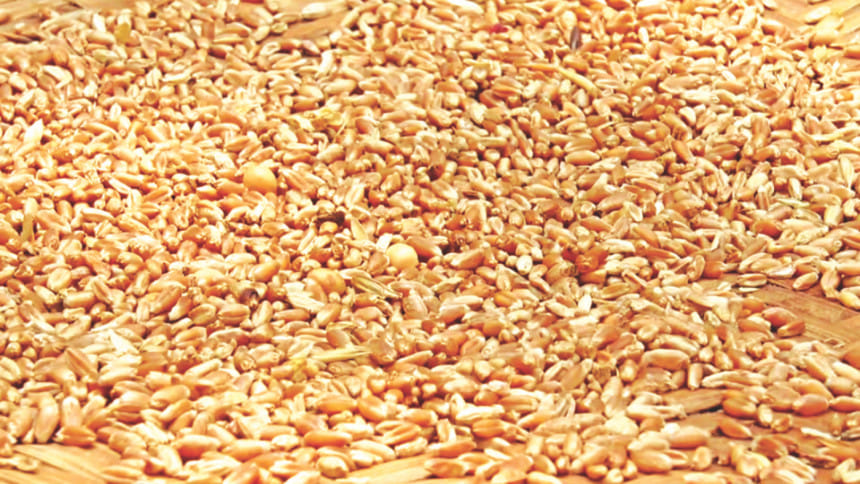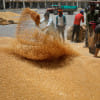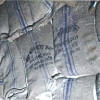Govt rejects 1 lakh tonnes of wheat

The government has rejected two shipments of Russian wheat, weighing 1,00,000 tonnes in total, on the grounds of quality issues.
This prompted Moscow to send a team to Dhaka to discuss the matter, officials concerned told The Daily Star.
The three-member expert team, led by Andrey Yukob, deputy head of the International Relations Department of the Russia's Federal Service for Veterinary and Phytosanitary Surveillance, reached Dhaka yesterday and started work straight away.
They would visit Chittagong, discuss the tests carried out on the grains and collect samples from one of the two ships which is anchored near Kutubdia.
Officials of food ministry and food directorate in Dhaka said Dubai-based Phoenix Commodities Ltd brought in 50,000 tonnes of Russian wheat to sell to Bangladesh for $233.96 per tonne.
Bangladesh accepts wheat with a maximum of .7 percent foreign materials (non-grain particles) but the shipment had 1.08 percent of foreign materials. "We rejected the shipment and the ship left Bangladesh," said an official.
American company ADM International supplied a second consignment of 50,000 tonnes of Russian wheat, to sell for $215.87 a tonne. This shipment was also rejected after the lab test revealed that the wheat's “test weight” was below Bangladesh's set standard.
"We declined to accept it as well and the ship carrying the wheat is now in the process of leaving our territorial waters," the official said.
Russia, a major global wheat exporter, is a prime supplier country for Bangladesh.
Public and private sectors have to import over three million tonnes of wheat to meet the annual demand in Bangladesh as the country produces over one million tonnes of domestic production a year.
Moscow apart, the grain quality issue and subsequent shipment rejections surprised many in Bangladesh's food ministry and food directorate since they consider Russia as one of the providers of the finest wheat.
Asked weather the supplying companies had anything to do with the quality issues, Ilahi Dad Khan, director (procurement) at the Directorate of Food, did not rule out the possibility.
He too was surprised by the quality of the Russian wheat and said, "We can't accept wheat compromising our grain quality specifications."
Ilahi told The Daily Star that they would cooperate with the Russian team in every possible way.
In recent months, Bangladesh's public sector wheat imports hit a snag as it rejected three shipments, involving 1,25,000 tonnes of French wheat, after the grains failed to meet the standard specified in the tender late last year.
Those rejections came after the government faced severe criticism for importing wheat from Brazil, some of which was found to be sub-standard.
Earlier last year when the government imported 2.05 lakh tonnes of wheat from Brazil, its grain quality and insect infestation sparked a huge outcry across the country.
Even ruling party men put up barricades at places blocking entry of the consignments into their public granaries.
Food officials, however, dispelled any concerns over immediate shortage of wheat in the domestic market due to the import hiccups.
They said the government was buying 2 lakh tonnes of wheat from local growers on top of some 3 lakh tonnes of wheat already in stock.

 For all latest news, follow The Daily Star's Google News channel.
For all latest news, follow The Daily Star's Google News channel. 







Comments